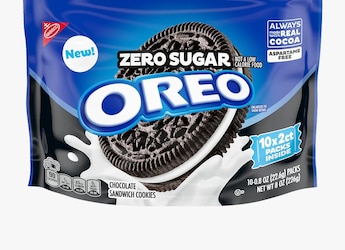In almost every Indian household, making the children drink a glass of milk everyday is a norm that has been followed for generations. If I were to state my pet peeve while growing up, it has to be that very old practice. The tall glass of the pale, insipid liquid may seem far from being intimidating but its mere sight would instill fear in me. The fear of having to gulp it down entirely without leaving a drop under the strict surveillance of my mother. No matter how hard I tried to find creative excuses, there was just no getting away.
Advertisement
Advertisement
Advertisement
For the latest food news, health tips and recipes, like us on Facebook or follow us on Twitter and YouTube.
Advertisement
Tags:
